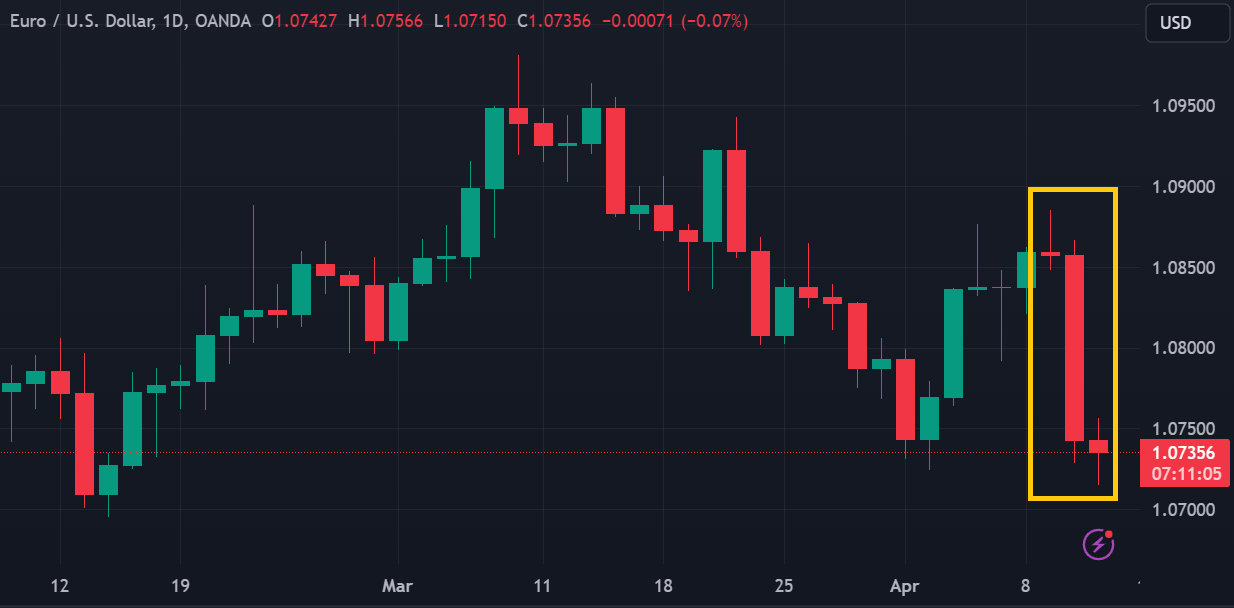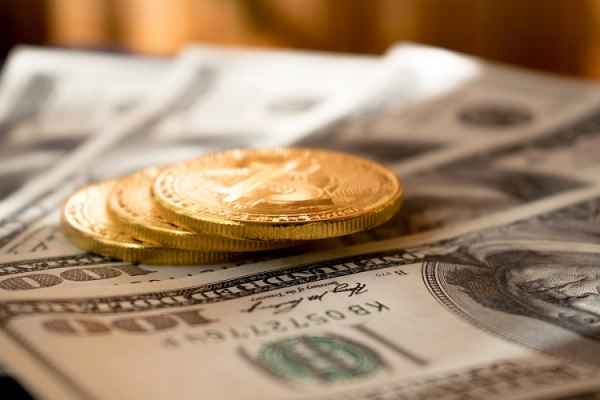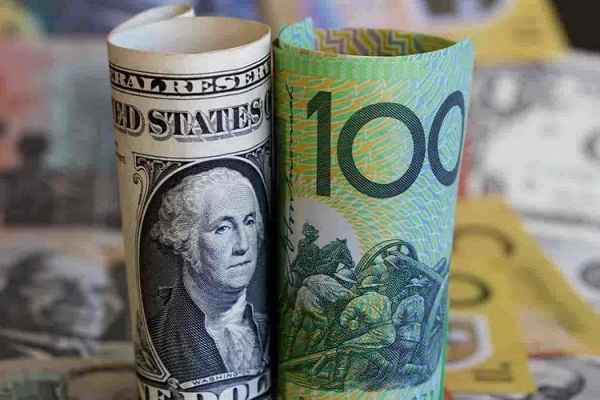Today's ECB announcement weakened the euro against all other major currencies.
The European Central Bank (ECB) kept the deposit rate at 4.0% in its monetary policy meeting today (11/April), while confirming the prospect of a rate cut next June. The euro slumped following the announcement.
EUR/USD was pressured below the 1.0750s threshold. EUR/GBP slipped around 0.3% to its week low. Meanwhile, EUR/JPY slipped to the 163.90s.

The ECB said that new information supported its previous assessment of inflation. Wage growth is moderating, while companies use their profit margins to absorb more of the increase in labour costs.
The situation is expected to ease inflationary pressures further in the coming months. Therefore, the ECB provided a grid for future rate cuts.
"If the Governing Council's latest assessment of the inflation outlook, the underlying inflation dynamics, and the strength of monetary policy transmission, can further enhance confidence that inflation is achieving the target on a sustained basis, it would be appropriate to reduce the current degree of monetary policy restraint," the ECB said.
ECB President Christine Lagarde confirmed further dovish signals in her press conference. According to Lagarde, inflation is expected to continue fluctuating within the current range over the coming months and then fall all the way to the central bank's target by next year.
Lagarde is optimistic that the Eurozone economy will recover gradually this year, led by the services (non-manufacturing) sector. However, she admitted that the economy was still weak in the first quarter due to sluggish manufacturing demand.
Observers consider the ECB confirmed initial expectations of a rate cut in June through its statement today. However, they cautioned that the European Central Bank did not give any clues about the policy direction thereafter. This could limit the euro's slump in the short term.
"The ECB sent a signal that it may cut rates on June 6 (most likely by 25bp). However, the ECB made a point of giving no real guidance beyond that," said David Owen of Saltmarsh Economics.

 Dedicated FREE FOREX VPS
Dedicated FREE FOREX VPS Free FOREX Virtual Private Server
Free FOREX Virtual Private Server MT4 Demo Contest, Get $500
MT4 Demo Contest, Get $500 Sign Up for an Account, Claim 60% Deposit Bonus
Sign Up for an Account, Claim 60% Deposit Bonus Free MT4/MT5 VPS 2024
Free MT4/MT5 VPS 2024 Send E-mail and Get Free Merchandise
Send E-mail and Get Free Merchandise $1K Refer a Friend Bonus for Pepperstone Pro clients
$1K Refer a Friend Bonus for Pepperstone Pro clients Maximize Your Earnings with 100% Deposit bonus
Maximize Your Earnings with 100% Deposit bonus Trade to Win, $5,000 Monthly Demo Contest
Trade to Win, $5,000 Monthly Demo Contest Claim 30% + 15% Deposit Bonus from LiteFinance
Claim 30% + 15% Deposit Bonus from LiteFinance






